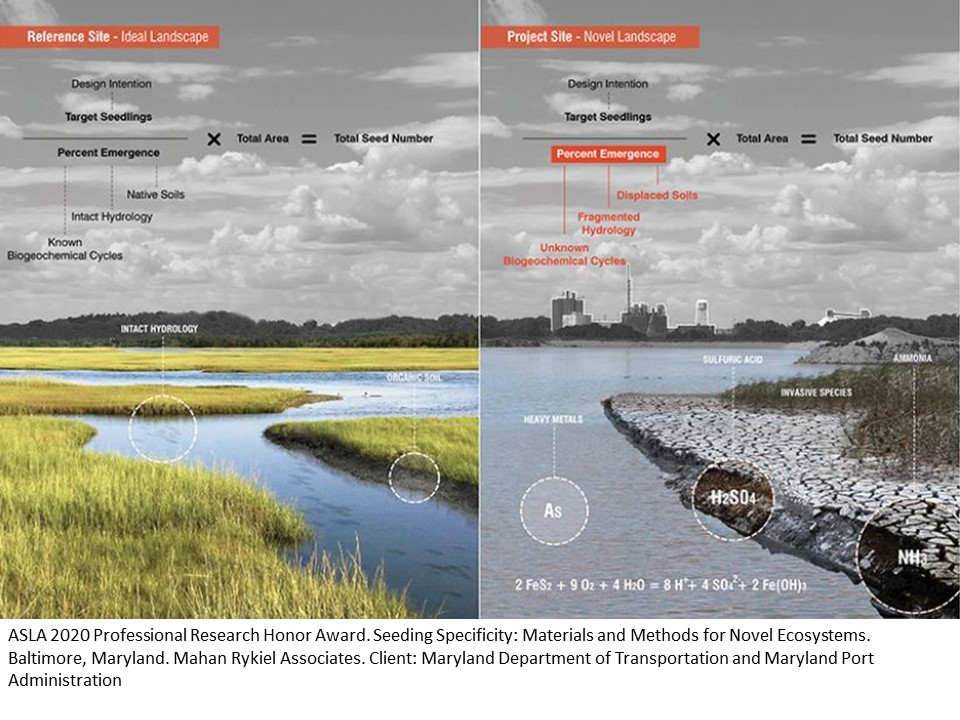In July the U.S. Department of Homeland Security designated landscape architecture a STEM (science, technology, engineering, mathematics) degree program. The American Society of Landscape Architects (ASLA) advocated for the designation.
“Landscape architecture applies science, technology, cutting edge research, and engineering principles, to design healthy communities, active transportation projects, campuses and parks. We help communities adapt to climate driven extreme weather and support biodiversity,” said Torey Carter-Conneen, CEO of ASLA. “The infrastructure challenges in municipalities across the country are enormous —landscape architects bring transformative solutions. Today’s decision will advance landscape architecture education and practice, and that is great for America and the global community.”
Landscape architecture programs are pioneering some of the most innovative research and developing new technologies – from using artificial intelligence for urban agriculture, to urban planning for autonomous vehicles; to hydraulic modeling, robotic fabrication, and augmented reality for water bodies, and more.
“The STEM designation finally reflects the reality of the discipline of landscape architecture. Our work is fully dependent on science and technology, from understanding soils at the level of microbial interactions and nutrient exchanges, which keep our urban canopy alive, to coastal adaptations informed by continuously evolving climate data,” said Gary Hilderbrand, FASLA, the Peter Louis Hornbeck Professor in Practice and Chair of the Department of Landscape Architecture at Harvard Graduate School of Design. “This new designation brings with it greater opportunities for students and graduates throughout the United States and beyond to become leaders in the field.”
“Landscape architects have incredible responsibility for the health, safety and well-being of communities which is why it’s imperative for landscape architects to continue to be licensed to practice,” said Emily O’Mahoney, FASLA, President of ASLA. “The STEM designation will be an additional tool in helping decision-makers understand the rigor this discipline demands.”






